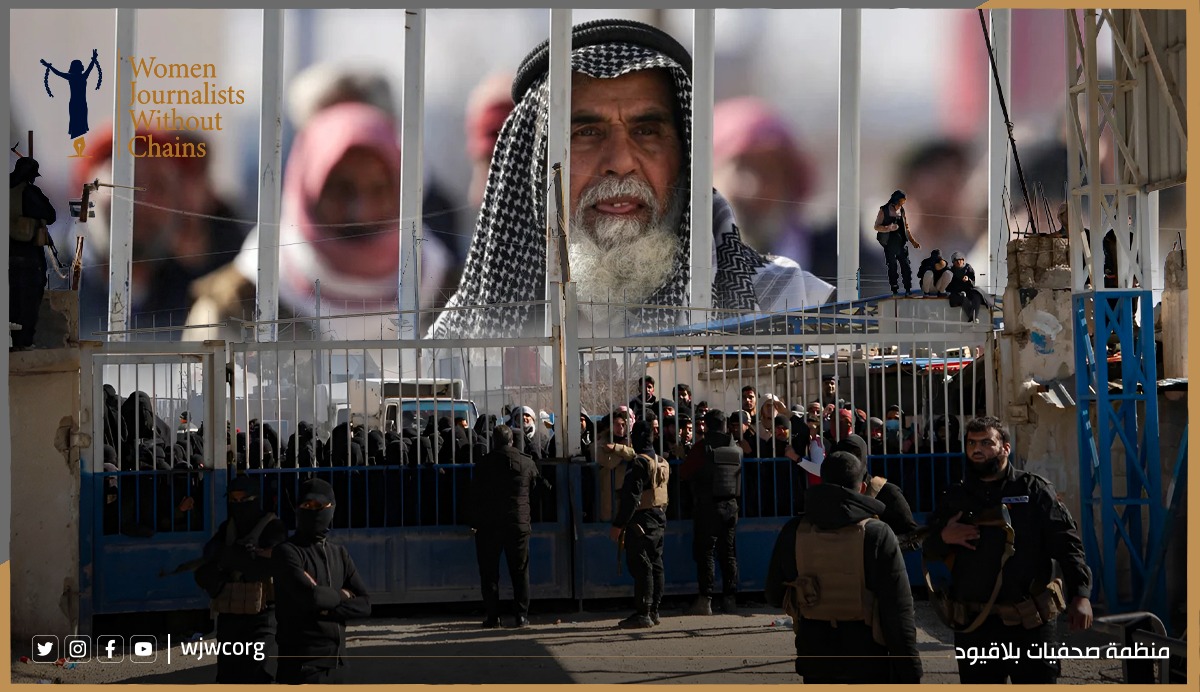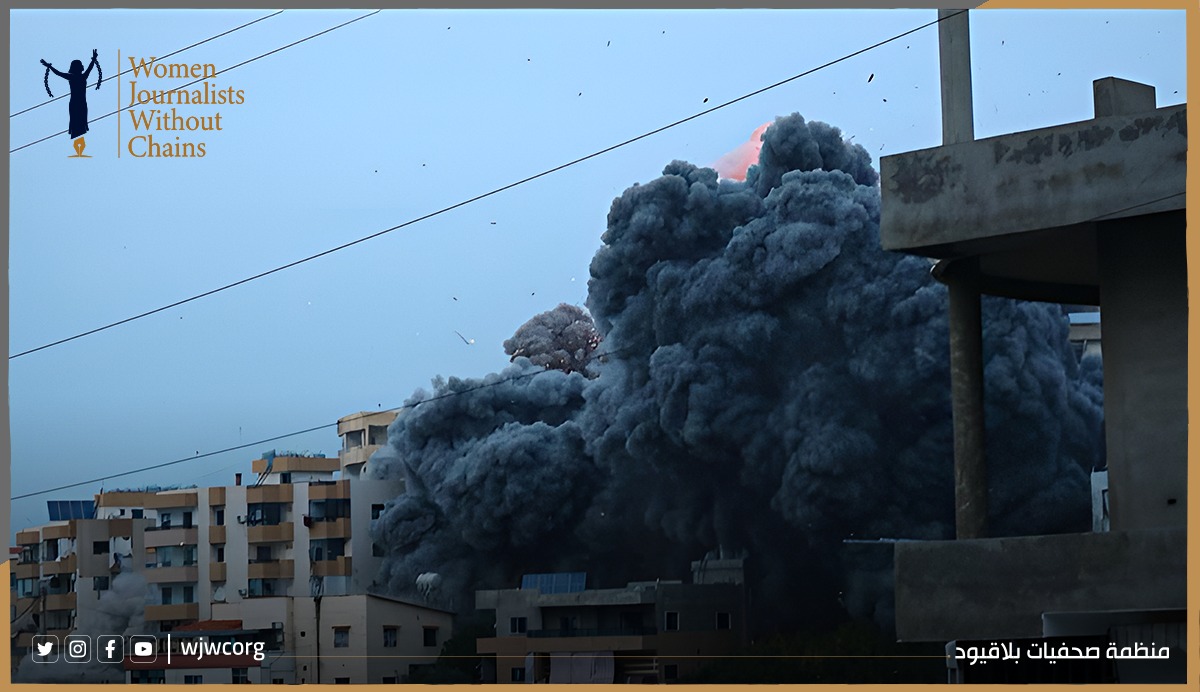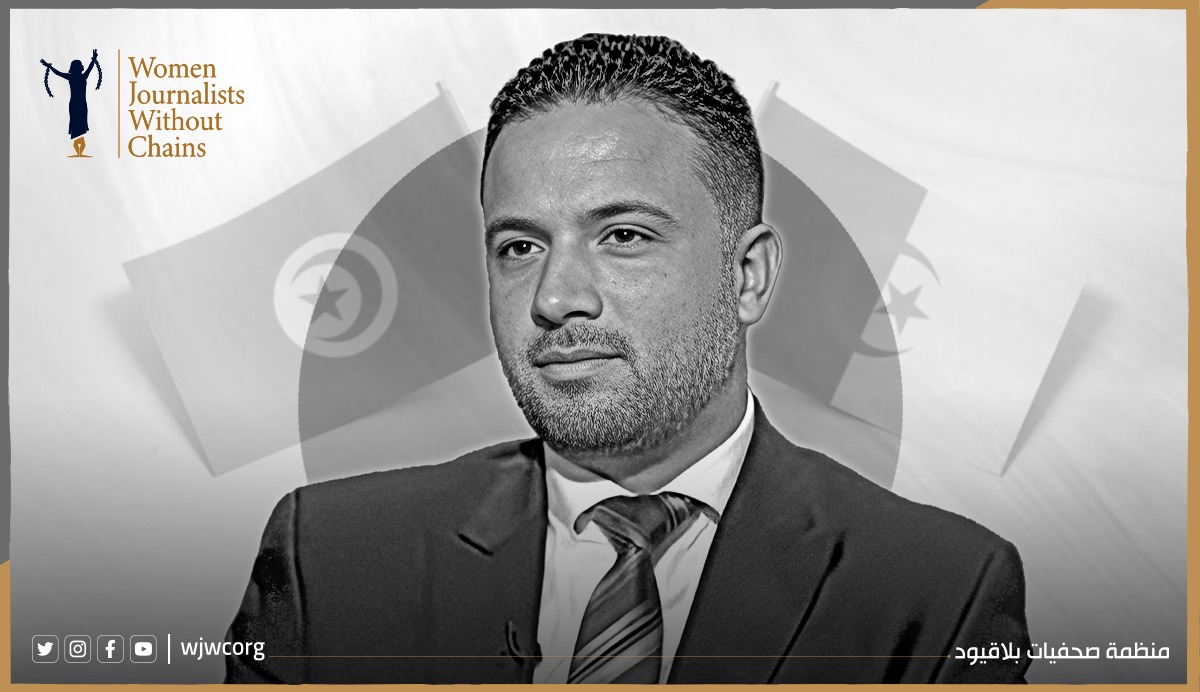
In Lebanon, security and judicial summonses persist as instruments employed by governmental bodies and factions to intimidate journalists
irrespective of gender, obstructing their ability to engage in public discourse, conduct investigative journalism, and freely exercise their rights to voice opinions and express themselves.
On the Cybercrime Bureau's directive last Monday, journalist Christiane Gemayel, the publisher behind the LebTalks website, was summoned for interrogation. The focus was on the investigative pieces she had disseminated through her online publication, addressing the pressing concerns surrounding bank deposits and the pathways available for their reclaim.
The organization "Women Journalists Without Chains" has strongly condemned the summons of "Gemayel" and other journalists to the "Cybercrime Bureau" rather than the appropriate "Publications Court," which is specifically tasked with handling publishing-related matters. Despite the Lebanese Publications Law providing a level of protection for local journalists, authorities persist in treating publishing issues as criminal offenses.
Women Journalists Without Chains applauds our colleague's bold refusal to comply with security forces' demands, steadfastly defending the legal immunity provided to journalists against mandatory appearances before security agencies. It is critical that entities involved with newspapers and media enterprises take legal action under the terms of the Publications Law.
It is noteworthy that the summoning of journalists by Lebanese security services has become a recurring issue in recent months. In April, journalist and producer Firas Hatoum was summoned by the Information Branch, an intelligence agency, following a request from a government military entity. This summoning was related to his comedy program "Marhaba Dawla," broadcast on the "LBCI" channel.
The wave of defamation and intimidation targeted at Lebanese female journalists, labeling them as agents, has notably surged in recent weeks. In June, Mariam Majdoleen Lahham faced a barrage of intimidation, threats, and incitement via social media and text messages, all stemming from her expression of opinions, with baseless accusations of espionage leveled against her. Similarly, in the same month, Maya Hashem was subjected to an online smear campaign spreading fabricated reports of her purported arrest on charges of "treason." This pattern repeated in August with journalist Makram Rabah facing similar unfounded allegations.
Women Journalists Without Chains demands:
• Cease intimidating journalists with judicial summonses; limit publication cases to the Publications Court.
• Investigate threats against journalists in Lebanon promptly, ensuring their protection and transparency in investigations.
• Terminate censorship policies and freedom-restricting measures immediately.
Released by:
Women Journalists Without Chains
31 August 2024

 En
En  Ar
Ar 



